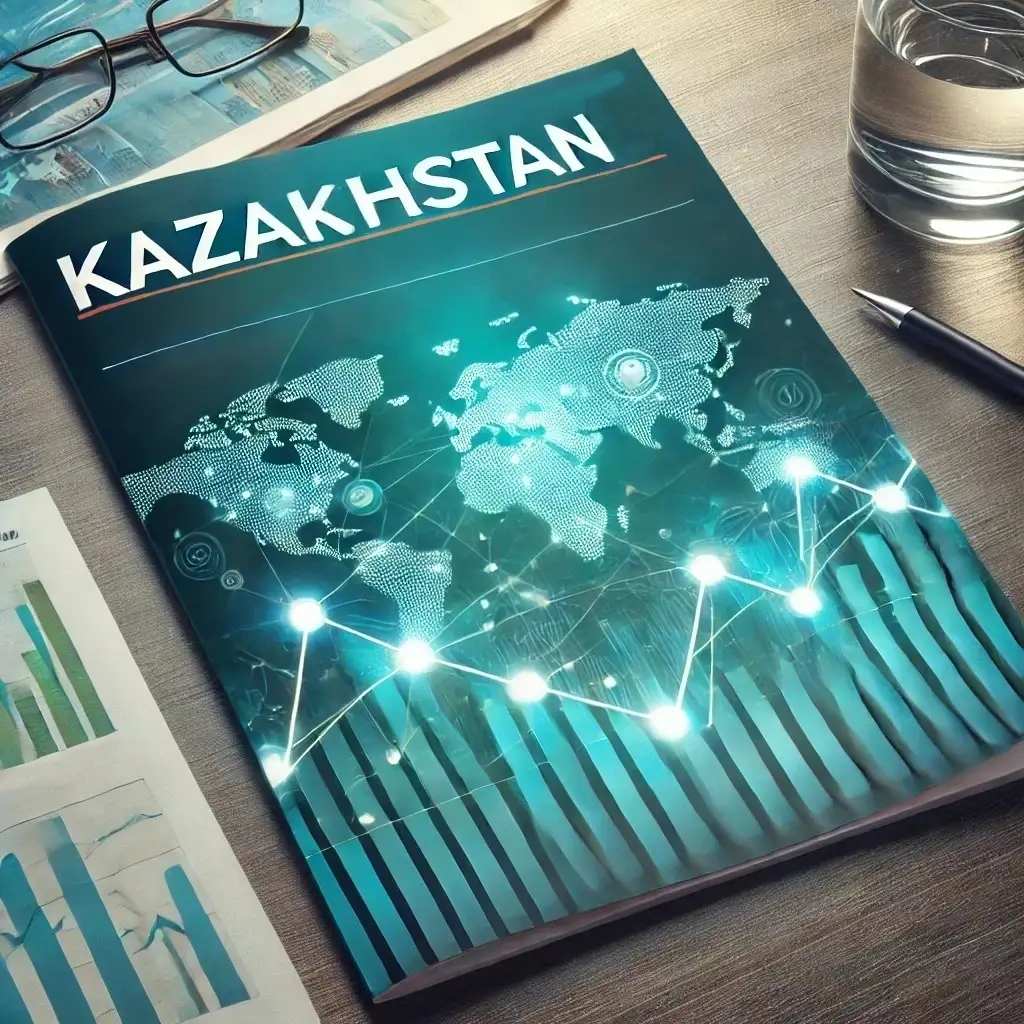WNAM MONITORING: According to Asian Development Bank, the economy of Kazakhstan demonstrates steady growth.
The country’s economy grew by 3.7% in the first quarter of 2024, driven by significant development in the construction, manufacturing and services sectors.
Construction and manufacturing will remain the main drivers of economic growth this year. The government is helping victims and rebuilding damaged infrastructure after the flooding, which is contributing to strong growth in the construction sector.
The central bank’s composite business activity index showed an increase in business activity in May 2024, helped by positive business sentiment reflected in the S&P Global’s manufacturing purchasing managers’ index.
Mining is expected to make a significant contribution to Kazakhstan’s medium-term growth following the completion of the Tengiz oil field expansion project in the second quarter of 2025.
Economic growth in the Central Asian region
The Central Asian region is demonstrating high rates of economic growth. The Kyrgyz Republic is estimated to grow at 8.8% in the first quarter of 2024, driven by strong output in services and construction financed by domestic and foreign investment.
Thanks to a sharp increase in exports, including gold sales, Tajikistan continued its strong growth of 8.2% in the first quarter of 2024.
Growth in Turkmenistan is driven by public investment and net gas exports, while a sharp increase in fixed investment in Uzbekistan led to growth of 6.2% in the first quarter of 2024.
Inflation forecasts for Central Asian countries
Inflation forecasts for 2024 and 2025 in Central Asia are revised downward. In Kazakhstan, inflation slows to 9.0% in January-May 2024 from 18.5% in the same period in 2023 due to a stable exchange rate and relatively tight monetary policy.
In the Kyrgyz Republic, inflation declined to 4.6% in May 2024 from 11.3% a year earlier, mainly reflecting developments in the prices of key commodities. In Tajikistan, inflation amounted to 3.8% in the first four months of 2024, while in Uzbekistan it slowed to 9.2% in the first five months of 2024 from 11.4% a year earlier.


